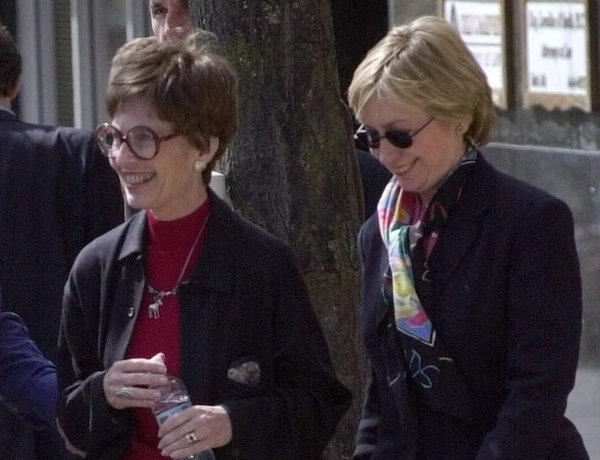1. House of Cards is in fact, reality
Videos by Rare
The Netflix series House of Cards debuts its second season today. Normally a television show would be irrelevant to covering in the news but this is not just any made-up show. Although the bills are different and faces not the same, the parallels between the real U.S. House of Representatives and Netflix one are too similar for comfort in a show that follows a Democratic House majority. Jeffrey Tucker, CEO of Liberty.me, writes in the Daily Caller:
Take a look at the theme of the gigantically popular show “House of Cards” on Netflix. The first season painted the grimmest possible picture of daily life in Congress. There are no principles. There is no morality. There are no ideals. There are only interests and power. Everything is subterfuge.
2. Not all women want the same thing
Women have been all over the news lately with the #WhatWomenNeed campaign, as “victims” of a political party and demanding income equality. But this pace we women, and those a few generations ahead of us, have been running at, may finally be too much. Tara D. Sonenshine, a distinguished fellow at George Washington University’s School of Media and Public Affairs, argued in The Washington Post on this Valentine’s Day that as an individual female, overseeing less is the newest desire among older women:
Many of us with strong résumés seem to be developing a resistance to continuing the climb. Big job offers come along, and we are suddenly unsure. We fight a strange pull to get up late, do some writing, meet a friend, exercise, check e-mail and maybe take on a small project. But get up each day and run an office? Yikes!
3. A new point-of-view emerges from the grave
Hillary Clinton’s close friend, University of Arkansas political science professor Diane Blair, passed away in 2000 and left behind more than a legacy. As is typical for public figures or those associated with them, their papers are often donated to a library or institution as pieces of history. A Washington Free Beacon reporter recently went through Blair’s notes as they were not available for viewing until 2010. Debate still surrounds the idea of unearthing these notes, as it leaves questions that cannot be answered and a new point of view on the table, not always an objective one. Wall Street Journal Peggy Noonan looked at the good and bad involved with the issue:
Regarding the note-taking, you might ask, “Isn’t it enough just to live it? Why write it down?” The answers there are human:
To keep it: to capture your time in history as it happened. To remind yourself it’s real.
To understand it: to order it as you write and try to make sense of it.
To reflect on it. To suggest through what you include what mistakes in attitude or action were made, what challenges met.
And again, to tell history what happened. To cast light, provide context, give a deeper feel.






